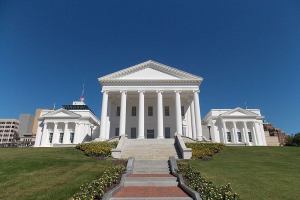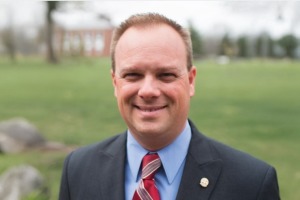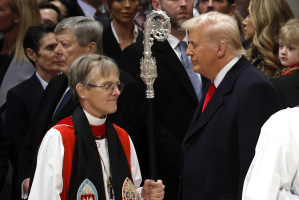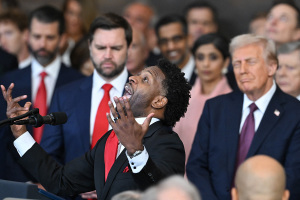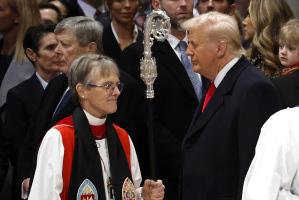Religious Liberty Has Certainly Changed From Pilgrims Arrival
As we sat down and enjoyed our traditional Thanksgiving meals, many of us remembered the Pilgrims' quest for religious liberty. We considered how they came to this new country at great sacrifice, seeking the freedom to practice their religion.
But this noble quest is not just part of our history. The freedom to live according to faith is still being pursued today.
This quest is reflected in recent legal challenges to the Affordable Care Act's contraceptive mandate, which forces Christian employers to supply insurance coverage for abortion-inducing drugs or face enormous and business-killing fines and penalties. Last Tuesday, the Supreme Court agreed to hear and resolve this vitally important issue.
The High Court will consider whether the federal mandate violates employers' First Amendment rights as well as claims related to the Religious Freedom Restoration Act, which provides a defense when the free exercise of religion is burdened by government legislation.
The two specific cases being heard - Sebelius v. Hobby Lobby Stores and Conestoga Wood Specialties Corp. v. Sebelius - involve privately-held businesses, whose owners try to run their companies according to Christian principles. The mandate is morally repugnant to them. For these business owners, and many others like them, forced provision of this type of insurance coverage - facilitating free abortions for their employees - would violate their respective consciences and business missions.
After their pleas to recognize religious liberties fell on deaf ears, they, along with many others, took legal action to assure the protection of rights that have long been characterized as inalienable.
In staunch defense of the mandate, the Obama Administration takes the position that the freedom of religion acknowledged in the Declaration of Independence and specifically set forth in the First Amendment to the U.S. Constitution only pertains to the exercise of religion in houses of worship and has no bearing in the workplace.
The Obama Administration perceives religion to be something that one does, like playing golf. They fail to appreciate the fact that a Christian remains a Christian wherever she goes.
Whatever the Supreme Court decides will be groundbreaking, as they are called on to determine whether business owners are entitled to religious liberty in the course of their daily lives, or whether religious liberty is just a synonym for religious worship, and relegated to activities conducted at church.
Both Hobby Lobby and Conestoga Wood Specialties are up front about their commitment to living out their faith in their business pursuits. There is no deception on their part, and no one is forced to work for them, knowing this truth.
These business leaders and others like them should be granted the right to live and work according to their deeply held religious beliefs. The First Amendment doesn't just apply on Sunday, but every day of the week.
















